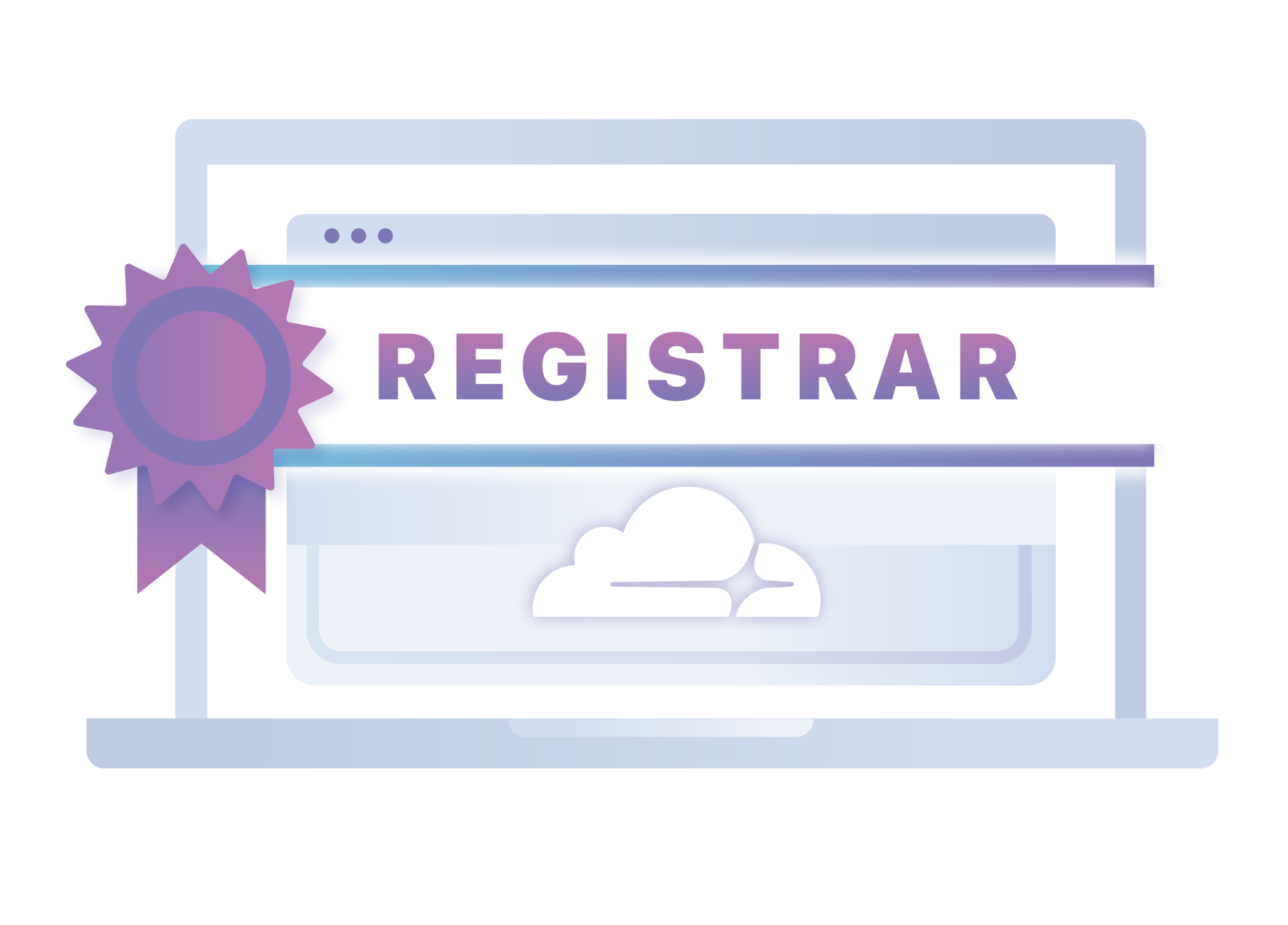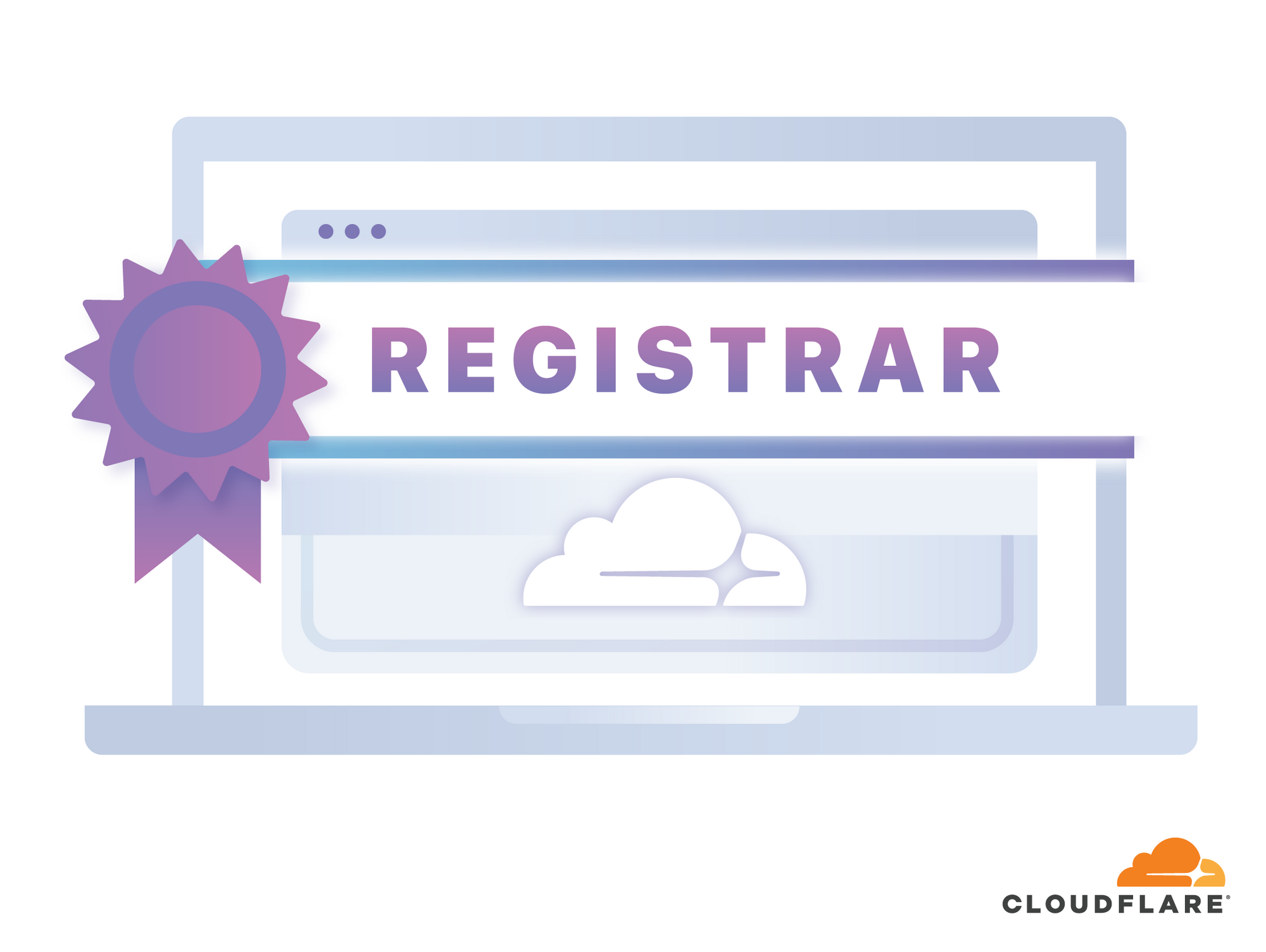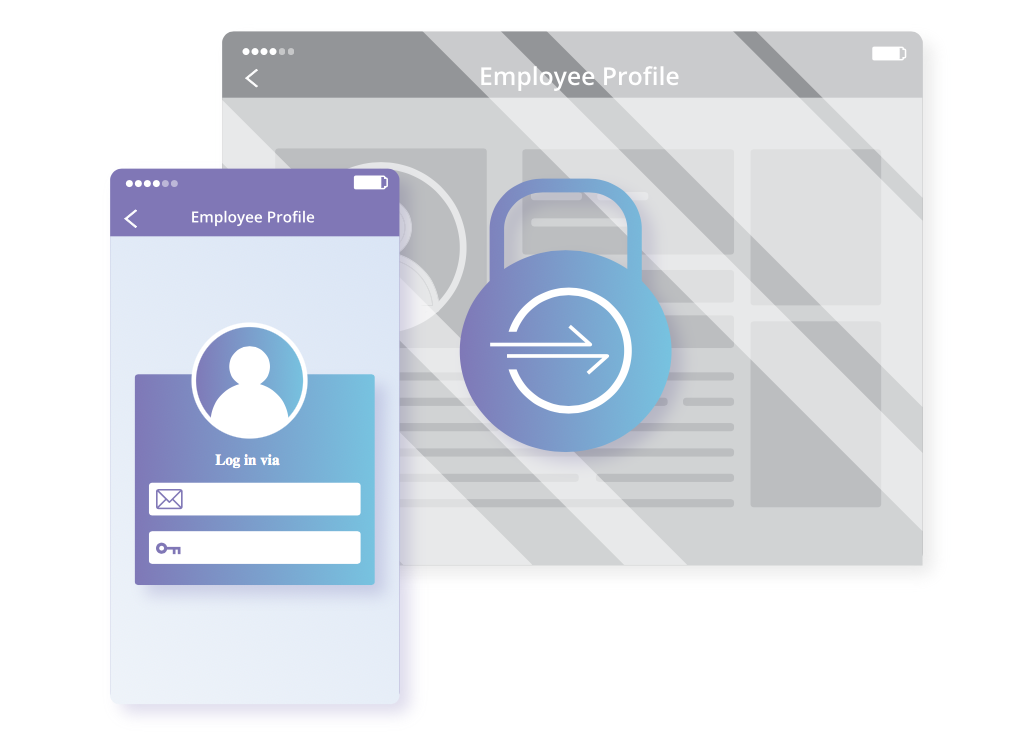Author Archives: Sam Rhea
Author Archives: Sam Rhea


Every website, large or small, started with an idea, rapidly followed by registering a domain. Most registrars offer promotions for your initial domain registration and then quietly hike the price with each renewal. What they don’t tell customers is that the price they pay to a registry, for your registration, is set by the registry. In some cases, we’ve found registrars charging eight times the wholesale price for a domain renewal.
Today, we’re launching Cloudflare Registrar, the first domain registrar you can love. Cloudflare Registrar will never charge you more than what we pay to the registry for your domain. No markup and no surprise fees. For eight years Cloudflare has built products that make the internet faster and safer. It's time for us to start where your internet journey starts, your domain.
When you register a domain, you become the owner, or registrant, for that domain for a set period of time. Now that you are the registrant, you can create an authoritative record that tells the world the nameservers for your domain. The domain name system, or DNS, uses those nameservers to direct traffic to the IP address of your server.

Since leaving beta three weeks ago, Cloudflare Access has become our fastest-growing subscription service. Every day, more teams are using Access to leave their VPN behind and connect to applications quickly and securely from anywhere in the world.
We’ve heard from a number of teams about how they’re using Access. Each team has unique needs to consider as they move away from a VPN and to a zero trust model. In a zero trust framework, each request has to prove that a given application should trust its attempt to reach a secure tool. In this post, we’re highlighting some of the solutions that groups are using to transition to Cloudflare Access.
Cloudflare Access integrates with popular identity providers (IdPs) so that your team can reach internal applications without adding more credentials. However, teams rarely work in isolation. They frequently rely on external partners who also need to reach shared tools.
How to grant and manage permissions with external partners poses a security risk. Just because you are working with a third-party doesn’t mean they should have credentials to your IdP. They typically need access to a handful of tools, not all of your internal Continue reading

Using a VPN is painful. Logging-in interrupts your workflow. You have to remember a separate set of credentials, which your administrator has to manage. The VPN slows you down when you're away from the office. Beyond just inconvenience, a VPN can pose a real security risk. A single infected device or malicious user can compromise your network once inside the perimeter.
In response, large enterprises have deployed expensive zero trust solutions. The name sounds counterintuitive - don’t we want to add trust to our network security? Zero trust refers to the default state of these tools. They trust no one; each request has to prove that itself. This architecture, most notably demonstrated at Google with Beyondcorp, has allowed teams to start to migrate to a more secure method of access control.
However, users of zero trust tools still suffer from the same latency problems they endured with old-school VPNs. Even worse, the price tag puts these tools out of reach for most teams.
Here at Cloudflare, we shared those same frustrations with VPNs. After evaluating our options, we realized we could build a better zero trust solution by leveraging some of the unique capabilities we have here at Cloudflare: